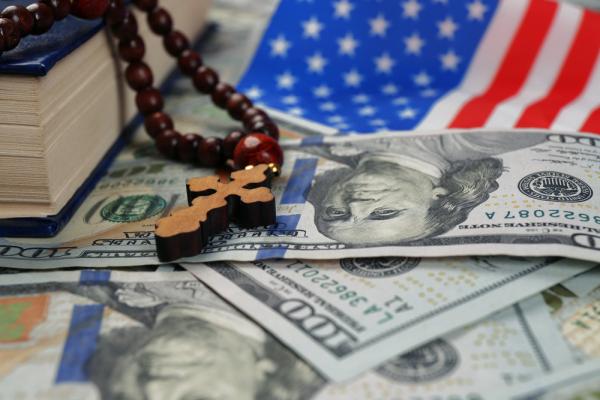Apr 25, 2017
I interviewed a dozen Christian millennials from different denominational backgrounds about these questions, and found that most of them disagree with the idea that government should be borrowing ideas from business in terms of how it operates.
Read the Full Article

Already a subscriber? Login
